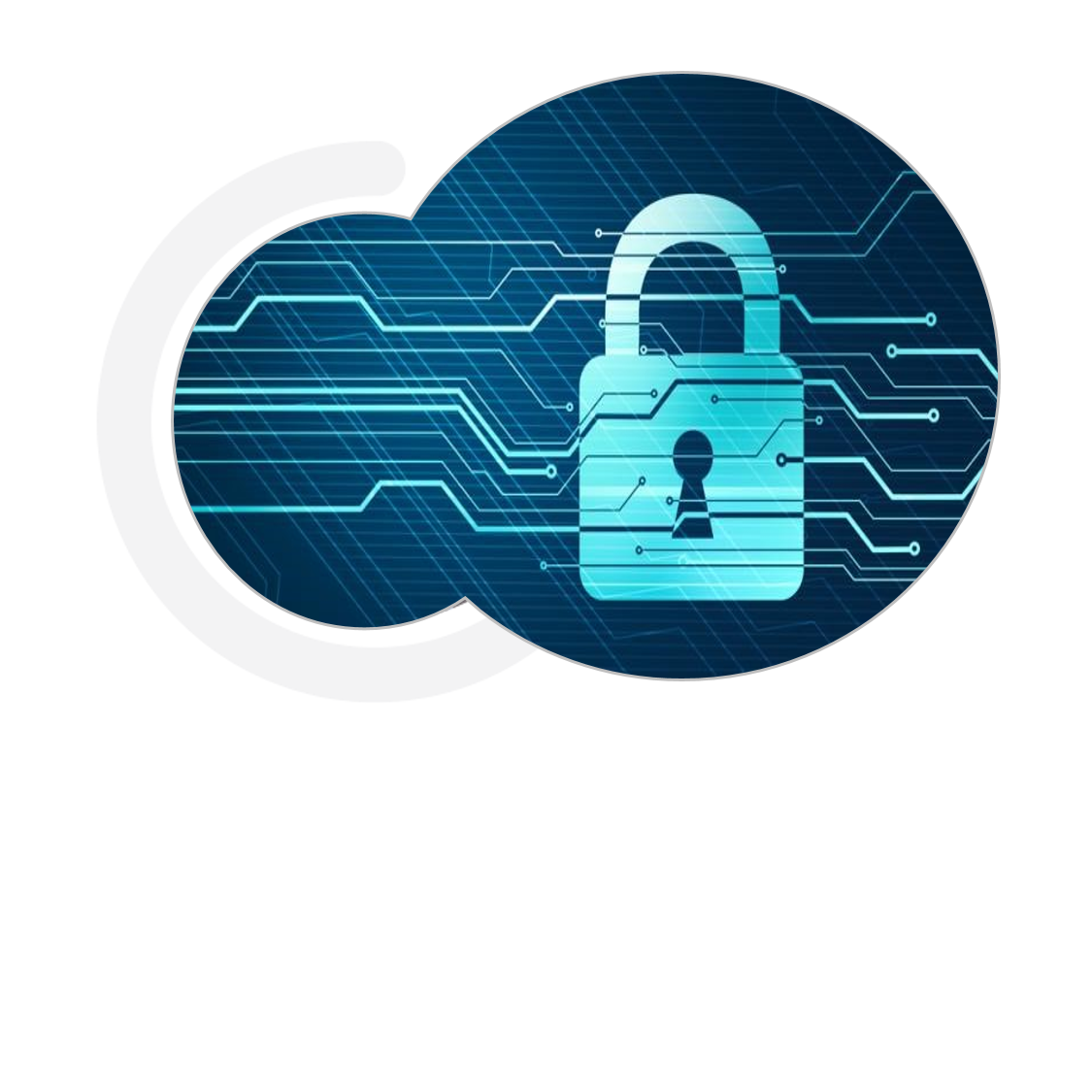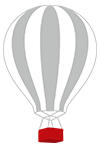
Frequently Asked Questions
No, SOC 2 (Service Organization Control 2) and ISO 27001 (International Organization for Standardization 27001) are not synonymous. While both relate to information security, they serve different purposes.
SOC 2:
- Focus: Evaluates controls for customer data security, availability, processing integrity, confidentiality, and privacy within service organizations.
- Scope: Primarily targeted at service organizations processing customer data in cloud or third-party environments.
- Certification: Provides reports detailing control effectiveness, but does not offer certification itself.
- Geographic Focus: Mainly recognized in North America.
- Report Type: Issues audit reports on controls.
ISO 27001:
- Focus: Establishes an Information Security Management System (ISMS) for comprehensive management of information security risks.
- Scope: Applicable to a wide range of organizations, irrespective of industry or type.
- Certification: Offers certification after independent audit of ISMS compliance.
- Geographic Focus: Internationally recognized and applicable worldwide.
- Report Type: Issues a certification upon compliance with ISO 27001 standards.
There are three main types of SOC (Service Organization Control) certifications, each focusing on specific aspects of a service organization's operations and controls:
SOC 1: Formerly known as SAS 70, SOC 1 focuses on internal controls over financial reporting. It is relevant for organizations that provide services that could impact their clients' financial statements, such as payroll processing or data centre operations. SOC 1 reports are often required by user entities' auditors to assess the impact of the service organization's controls on their financial reporting.
SOC 2: evaluates controls related to security, availability, processing integrity, confidentiality, and privacy of customer data within service organizations. It is particularly relevant for technology and cloud service providers. These reports provide insights into the effectiveness of controls and security practices to address clients' concerns about data protection and privacy.
SOC 3: is a general-use report that provides a summary of the organization's controls without the level of detail found in SOC 2 reports. It is intended to be shared with a broad audience, including potential customers, without revealing sensitive information. SOC 3 reports can be useful for marketing purposes, as they demonstrate a commitment to security and trustworthiness without exposing intricate technical details.
SOC 2 certifications are typically conducted annually. This means that an organization's certification is valid for a one-year period. Organizations need to undergo a new audit each year to renew their certification.
SOC 2 data classification is the process of categorizing and labelling different types of data within an organization based on their sensitivity, confidentiality, and criticality. This classification helps organizations apply appropriate security measures and controls to protect data according to its importance and regulatory requirements.
Type 1 and Type 2 reports refer to different levels of examination and assurance provided by auditors regarding an organization's controls and processes. These reports are part of the SOC 2 framework, which focuses on the security, availability, processing integrity, confidentiality, and privacy of data within a service organization.
Type 1 Report: A SOC 2 Type 1 report evaluates the design of an organization's controls at a specific point in time. It confirms if controls are appropriately designed to address security and compliance objectives but doesn't assess their ongoing effectiveness.
Type 2 Report: A SOC 2 Type 2 report assesses both the design and operating effectiveness of controls over a period (usually six to twelve months). It provides a more comprehensive view by testing if controls are not only designed well but also consistently working as intended.






